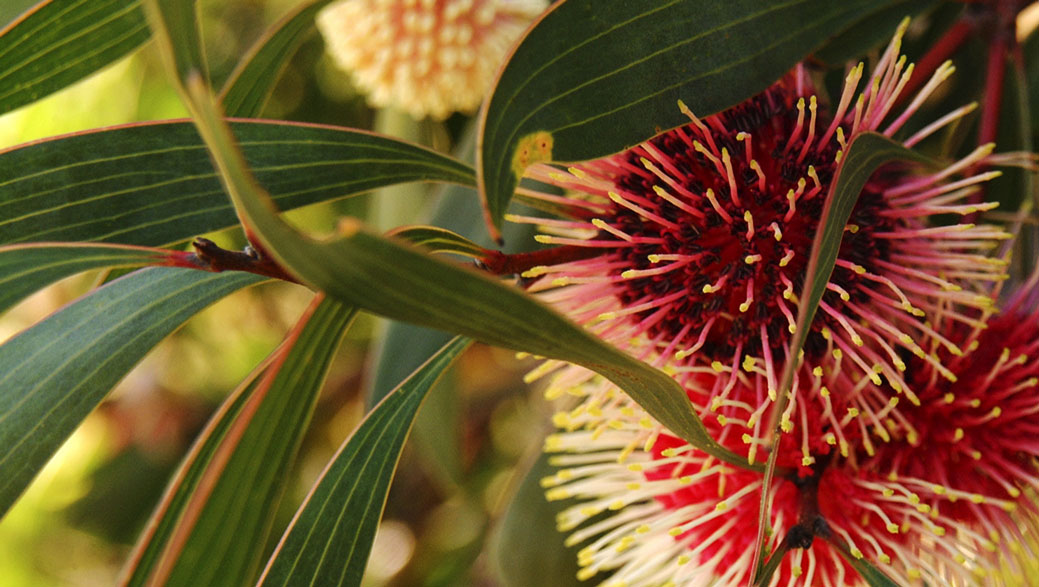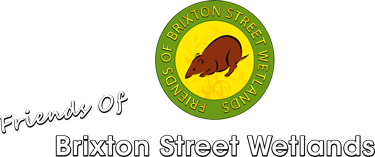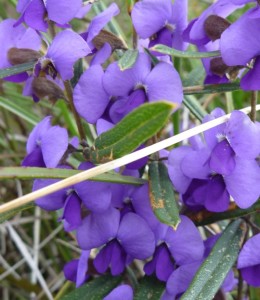Wetland Flora

The Wetlands support a highly diverse flora of 307 native taxa of ferns/fern allies and flowering plants and 64 taxa of naturalised aliens (weeds). Forty nine additional taxa have been recorded since 1991. These additional records reflect a better knowledge of the flora of die eastern side of the Plain, recognition of new taxa, changed environmental conditions (fires and floods) and four years additional survey. That is the Wetlands contains over 20% of the known flora of the Perth Region in less than 0.005% of the area.
Fifty percent of the native taxa are annual or perennial herbs. Most of these (about 45% of the total flora) are annually renewed from seeds, rhizome, bulbs and tubers. As a consequence nearly half of the Wetlands flora is only visible in winter/spring when these taxa are growing and flowering. Many of these 307 native taxa have special significance. Also a series of the taxa are at the ends of their geographic ranges, naturally occurring hybrids and unusual co-occurrences.
Within the area of the Wetlands there are:
- 2 species Declared Rare Flora
- 17 rare species (CALM Priority Flora)
- 16 species endemic eastern side Swan Coastal Plain
- Approximately 40 taxa are found on the eastern side Plain and Darling Scarp/Plateau
- Many taxonomical significant taxa
Flora Conservation Values
The Brixton Street Wetlands have outstanding flora conservation values containing:
- Rare plant communities
- Many rare and restricted taxa
- A great diversity of plant taxa
These flora conservation values of the area have been significant in identifying the Wetlands as a wetland of national significance (Australian Nature Conservation Authority 1993), the nomination for the National Estate (Gray 1993) and the recognition of the Wetlands conservation value (EPA 1991). As one of the largest of the few remaining remnants in excellent condition on the eastern side of the Swan Coastal Plain the Wetlands well deserve their recognition as part of the conservation estate.

